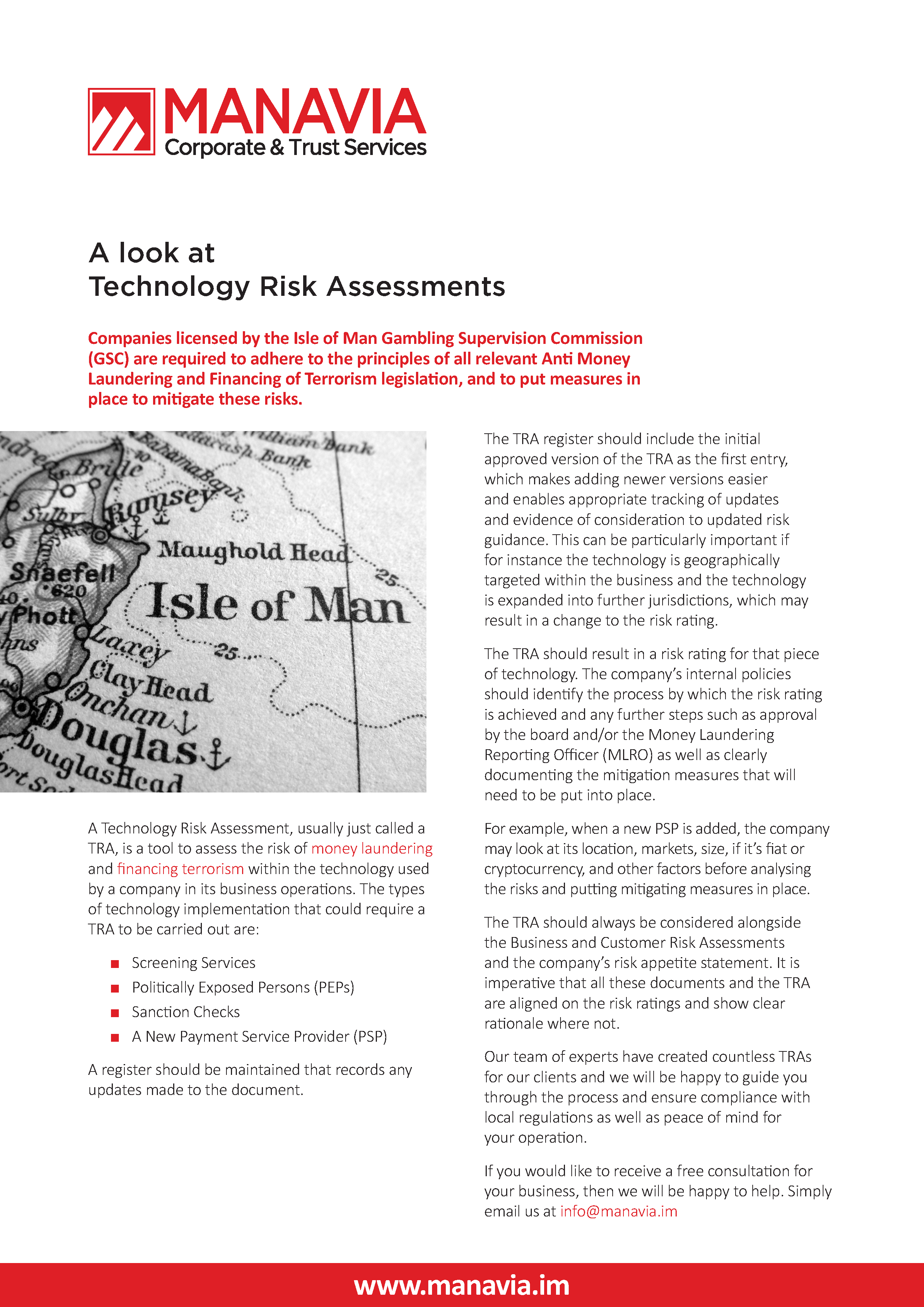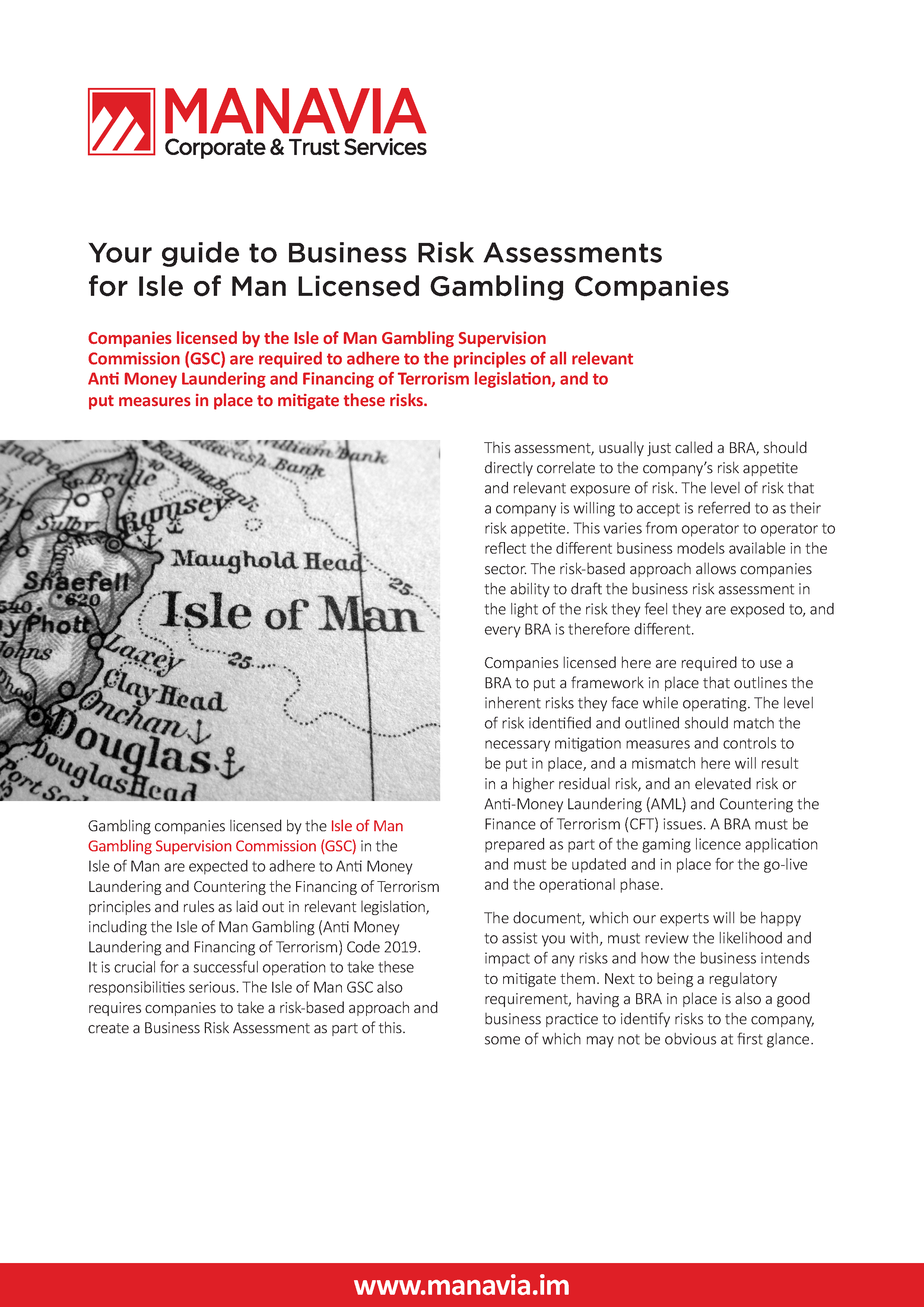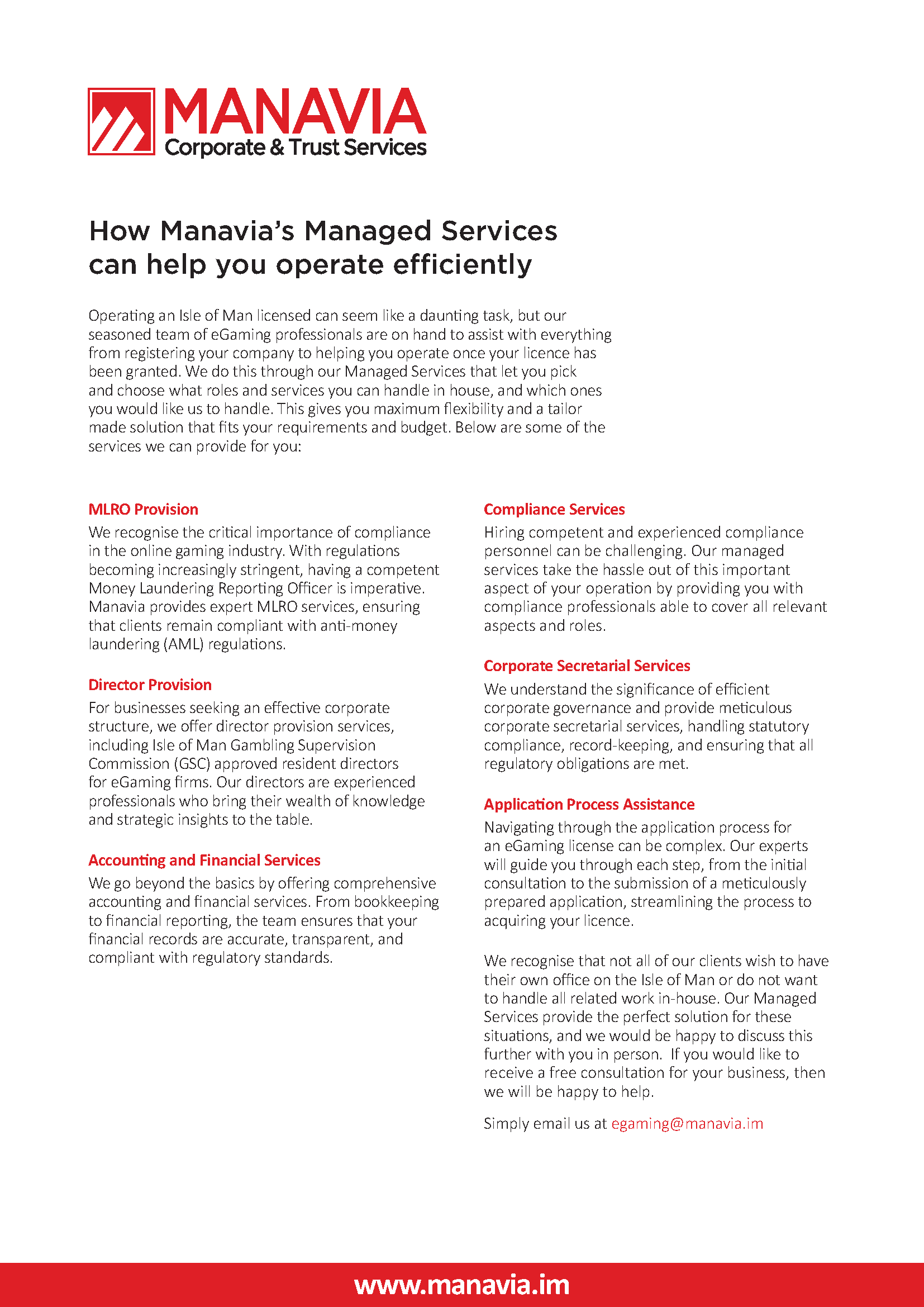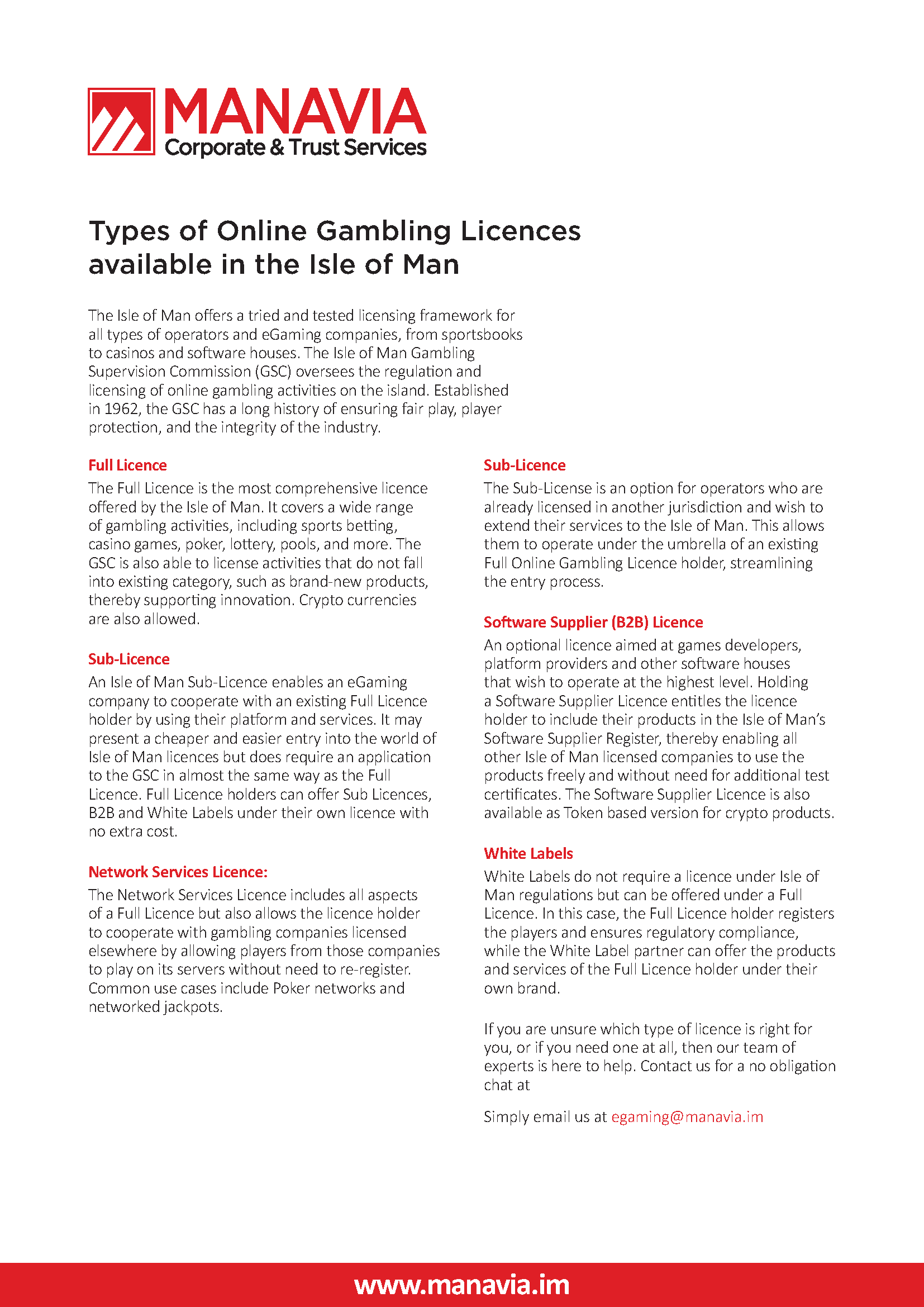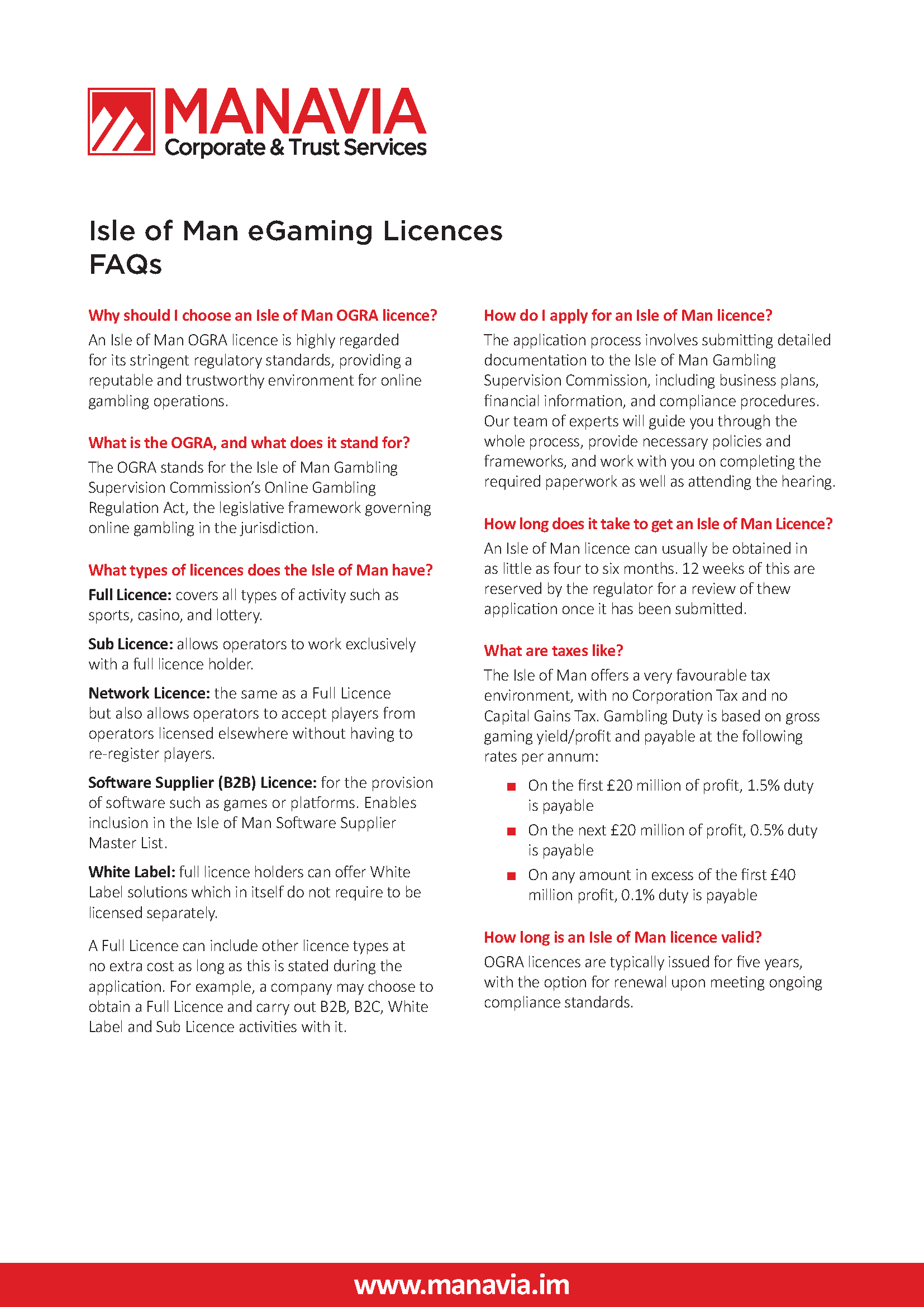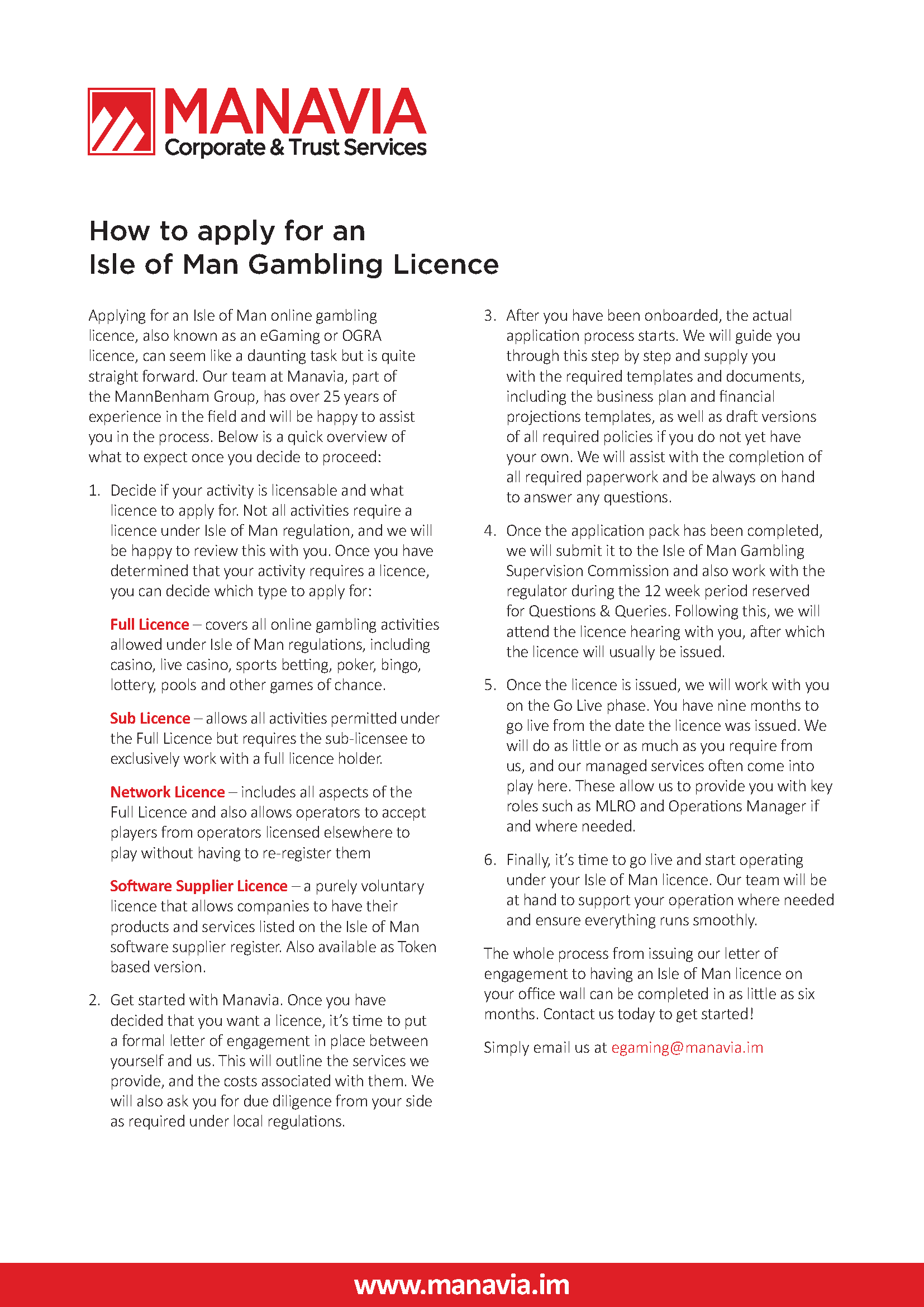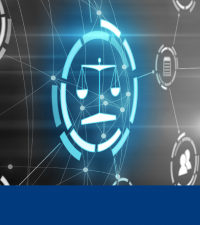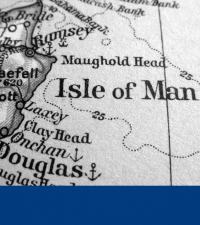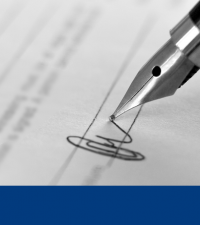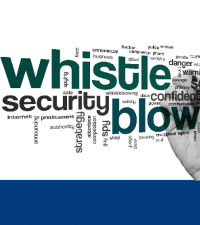Accidents at work happen.
If you are unfortunate enough to be injured at work there are a few simple rules that you should follow in order to minimise the stress and aggravation that may follow.
Firstly, regardless of who is to blame for any accidents at work, you need to seek any necessary medical treatment and that may involve immediate first aid within the workplace.
Written by Chris Grimson | Advocate
All employers are required to hold at least one first aid kit and at least one trained first aider. Just because you are at work, do not be afraid to either call for an ambulance or accept a lift from a work mate to Nobles Hospital Accident and Emergency Department, if you feel that is needed. Your employer is obliged to provide you with all reasonable assistance at such a time.
Once the immediate medical necessities have been dealt with, which may involve a period of sickness absence if that is required, you will need to make sure that your employer’s accident book is completed. The accident book and any accident report forms may take different formats depending upon the employer, so you need to take active steps to make sure that you have completed the necessary forms and any accident book. Such items can be crucial evidence in any future personal injury claim, if you feel that your employer or some other third party was to blame for your accident, so it is in your own interests to make sure that the necessary material is completed.
Although this should never happen, if you are informed by your employer that they do not hold an accident book or any accident report forms then you should send an email or letter to your employer, setting out in full the circumstances of the accident and making clear whether you regard the employer or any third party as being responsible, wholly or partly, for your injury at work. Make sure that you keep a copy of any such letter or email and if possible get your employer to sign a copy of any letter to indicate that they have received it. Although this may be awkward, it is in your own best interests.
If any accidents at work are serious and you have sustained significant injuries, then your employer should ask you to complete a RIDDOR form. RIDDOR stands for the Reporting of Injuries, Diseases and Dangerous Occurrences and was set in place under the RIDDOR Regulations 1985. RIDDOR only covers incidents in which death or serious injury has resulted, as defined within the Regulations. It is your employer’s obligation to decide whether a RIDDOR form needs to be completed and submitted to the Isle of Man Health and Safety Inspectorate, but you can certainly ask your employer whether a RIDDOR form is to be submitted. If necessary you can make your own enquiries with the HSI if you feel that your employer is not dealing with the accident correctly.
Once you have ensured that any necessary paperwork has been completed you can consider whether to pursue a personal injury claim against your employer or any third party who may potentially be responsible. It is crucial to find a suitable firm of advocates who are experienced in this area, many advocates never or rarely deal with personal injury matters. MannBenham advocates has a dedicated team of advocates with many years of experience in dealing with all manner of personal injury claims.
If you are a member of a trade union or other trade organisation that may offer a scheme of legal funding, then you should make contact with that organisation at an early stage to see whether your case qualifies for legal funding. If it does, the union may ask you to use a particular firm of advocates to assist with your claim but you can always request that an alternative firm be used. Advocates at MannBenham have spent many years assisting with union funded claims and are fully familiar with the type of schemes which unions run in order to assist their members with the pursuit of personal injury claims.
If you are not a union member then you should search your insurance policies, for example motor or home policies, to see if they include legal expenses cover. Many policies include this type of cover without the policyholder necessarily being aware that it is in place. If you do have such cover then you will usually find a claims help line which needs to be called in order to get the process moving. Speak to the insurer and give them the necessary details, which may include completing paperwork which they send to you.
Again, as with trade unions you may find that an insurer asks you to use a particular firm of advocates but you can always ask to use an alternative firm. Please bear in mind that you need Isle of Man advocates and not English solicitors when pursuing any claim arising from an accident which has occurred in the Isle of Man. Again, MannBenham has spent many years conducting personal injury claim funded by legal expenses insurers and we are fully familiar with all of their requirements. Some insurers may be happy for you to nominate a particular firm of advocates to help with the matter if they do not already have Isle of Man advocates in place on their panel of lawyers.
Once union or insurer funding is in place then you will be invited to attend with the advocates in order to provide a full account of what occurred at the time of your accident, and to get the claims process moving. Given that medical evidence usually needs to be obtained in support of any claim, it is quite usual for claims to take many months or one year or more. Copies of your health records will need to be obtained to assist with any claim, so you need to make sure that you attend any necessary hospital or GP appointments that may be related to your claim, and fully follow any medical advice.
If you continue to experience problems following the accident then you need to make sure that you keep making regular visits to your GP in order for your condition to be reviewed, and your continuing problems will then be documented within your patient records. This will assist with your claim so you need to make sure that you keep your GP fully informed as regards any ongoing symptoms following the accident.
The issue of witnesses may also be crucial to the claims process so you need to make sure at an early stage that you mention to your advocates any useful witnesses who may be prepared to give evidence on your behalf. It is often useful if you speak to any potential witnesses yourself informally, to see if they are prepared to assist and to judge whether their evidence may be useful to you, before they are approached by your advocates as that can be a rather scary experience if it occurs out of the blue. Far better for your witnesses to be aware that they may be approached by an advocate on your behalf.
If your accident at work results in you having to take any extended periods of sick leave, then make sure that you claim any state benefits that you may be eligible for. The Isle of Man Department of Health and Social Care at Markwell House, Market Street, Douglas will be able to provide you with full details of any benefits for which you may be eligible. Details of those benefits will be required further down the line, as they will be relevant to your compensation but your advocate will deal with that aspect of the matter.
As regards liability for work related accidents, please bear in mind that generally speaking there needs to have been actual negligence or some other breach of duty on the part of your employer, for the employer to be liable for your injury. There is a common belief that simply because an accident occurs within the workplace then it is automatically deemed to be the fault of the employer. That is not the case, and nor do employers typically have in place insurance which compensates injured employees regardless of fault for the accident. It is a legal requirement for firms to have in place Employer’s Liability Insurance, but that is only in place in order to insure the employer against the consequences of its negligence and to pay out to employees only where the insurer is satisfied that the employer was liable for the circumstances which led to your accident.
Please do not assume that your employer was wholly to blame for your accident, and likewise do not assume that any accidents at work were your fault and therefore no claim is required. In many cases there can be multiple factors that are relevant to liability for an accident, for example there may be a lack of training or risk assessment on the part of the employer which then played a part in your injury occurring. It is always best to speak to an experienced advocate familiar with personal injury claim rather than reaching your own conclusions as to whether a claim is worthwhile or not. Likewise, do not rely on often ill-informed advice from friends, family, colleagues etc based on what they have seen on the internet or TV – you really need fully informed legal advice from the beginning.
Accidents at Work | Talk to us today
If you need to talk to someone around accidents at work or personal injury claims, no matter what the circumstances which led to your accident, then take the first step and email [email protected] or call us on 01624 639350 to arrange your free consultation with us today over the telephone or video.


